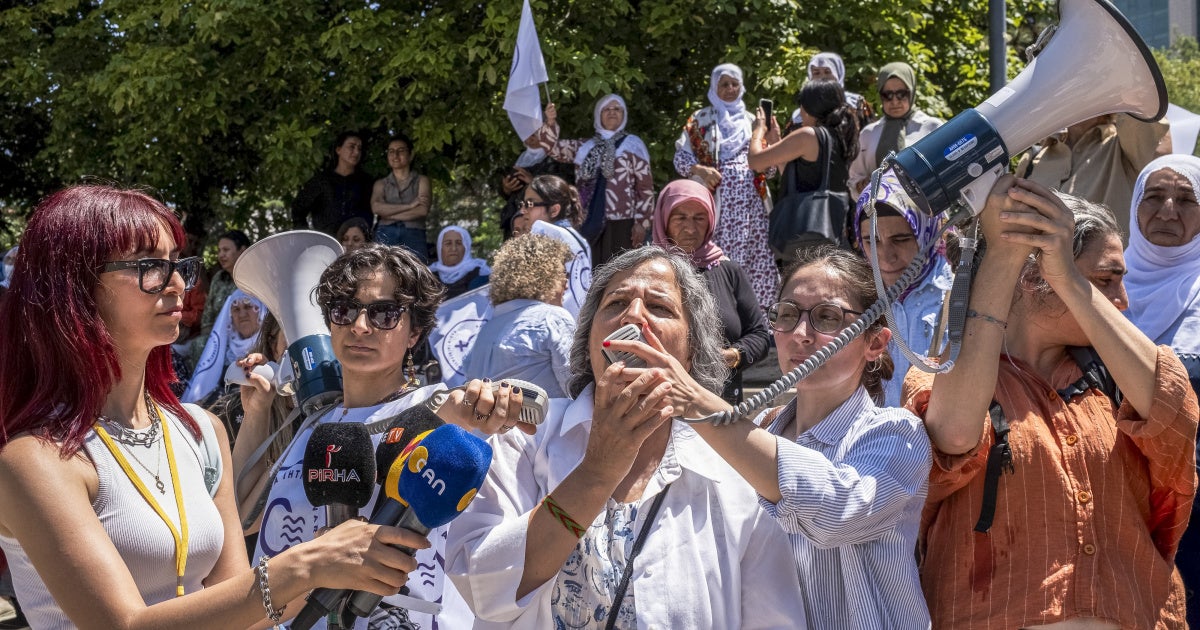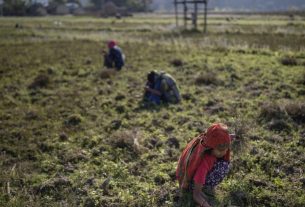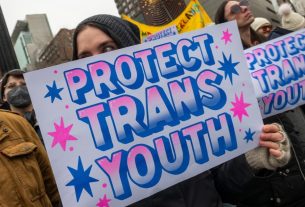Conflicts and crises cause harm based on gender. Because women and girls across the globe experience legal, economic, and cultural discrimination, they also experience the impacts of conflict in distinct and often more profound ways than others.
With data underscoring escalating conflict globally, reaching a level not seen since the post-World War II era, creating better ways for countries to respond to the impact of conflict on women’s rights is urgently important. Sexual violence in Sudan, destruction of maternal health care in Gaza, and human trafficking in Colombia are just a few examples of impacts these conflicts are having on women and girls.
The United Nations Committee on the Elimination of Discrimination against Women is developing a new tool on protecting the rights of women and girls during conflict, building on and expanding its 2013 General Recommendation.
The committee highlights the need to “move beyond framing sexual violence as the sole experience of conflict for women” which Human Rights Watch echoed in a submission.
Conflicts and crises harm women and girls in ways far beyond sexual violence. Women and girls struggle to access sexual and reproductive health care, including contraception, abortion, maternal, and post-rape care, and menstrual supplies. Girls are pushed out of school and forced into marriage. Women and girls lose livelihoods and access to land, and gain new caregiving responsibilities, often while struggling to get food and water. Displaced women and girls face barriers ranging from unsafe trips to camp latrines to unfair asylum procedures that fail to recognize gender-based persecution.
The experiences of women and girls in all these areas are shaped by gender, and other intersecting identities, including race/ethnicity, disability, age, sexual orientation and gender identity, nationality, and economic status.
Focusing solely on sexual violence, the committee says, also obscures “women’s agency in peacebuilding, accountability and justice mechanisms, and political and public leadership.” The most important step countries can take to protect women’s rights during conflict—and even reduce conflict—is to uphold a right enshrined 25 years ago in UN Security Council resolution 1325. That is the right for diverse women to be full, safe, equal, and meaningful participants in all discussions about the future of their country and their community. Upholding women’s rights requires having women at the table; every table, all the time.



